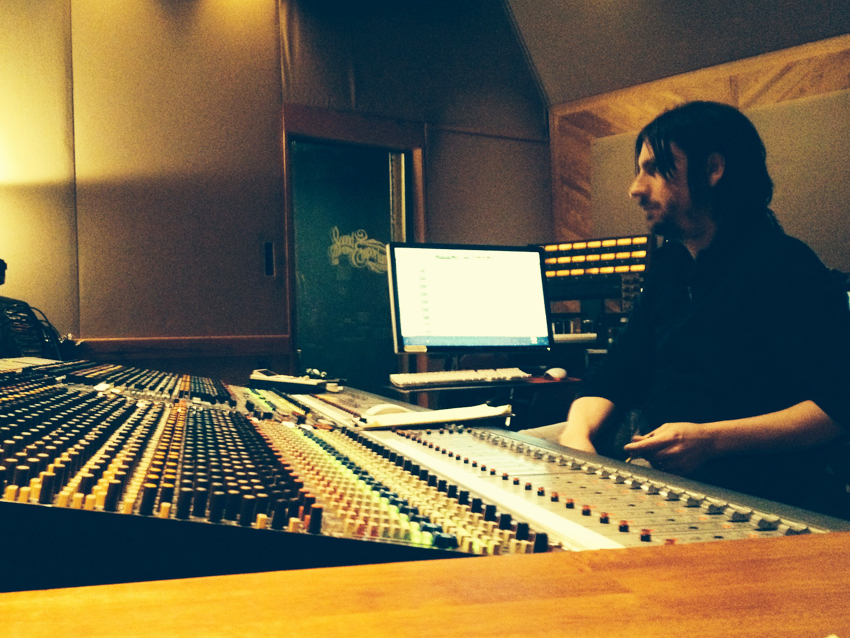
Dave Cobb's top 5 tips for producers
With his organic, traditionalist approach to recording, heard on critical and popular hits by Jason Isbell, Shooter Jennings, Sturgill Simpson and Jamey Johnson, Dave Cobb has become Nashville's most in-demand music maker. But the first-call producer blanches at the idea that he has a signature sound, insisting that the only aesthetic he tries to capture is driven by and unique to each artist.
"None of the producers I really admire has what you'd call a signature sound," Cobb says. "In many ways, I feel like the role of a producer is to be sort of invisible. You shouldn't notice what the guy behind the glass is doing; you should only hear the artist. If the producer is calling attention to himself, he's doing something wrong."
Cobb operates his own studio, located inside his West Nashville home, but he insists that he's comfortable with the idea of making records anywhere – and on whatever medium. "It's the results that matter," he says. "There’s all kinds of ways to get results nowadays: It probably means recording in your basement or kitchen. It probably means using your laptop or iPhone. Maybe it means going into a big studio for a day or two. It's all of those things. A good producer can make a record anywhere because the only real limitation to creativity is your mind."
During his early days, Cobb had different ideas about record making. As guitarist/bassist for the band Tender Idols, he noticed that various big-name producers had their own gear cases flown in to studios by companies like Rock-It Cargo. "That to me was the ultimate sign of success," he says with a laugh. "I thought to myself, ‘One day, I’m gonna be one of those guys and have my gear flown around in cases.’"
The reality nowadays is quite different: "I’ve never flown cartage anywhere," he notes. "There’s no budgets for that. There’s no tape budgets, maintenance budgets, none of that stuff. Occasionally you get a drum tech, but it’s rare. Back in the day, there were drum techs in the studio every day, whether you needed them or not. It’s lean and mean now, but that's OK. If you can’t make a record on your own, you’re not gonna last.”
On the following pages, Cobb runs down his top five tips for producers.
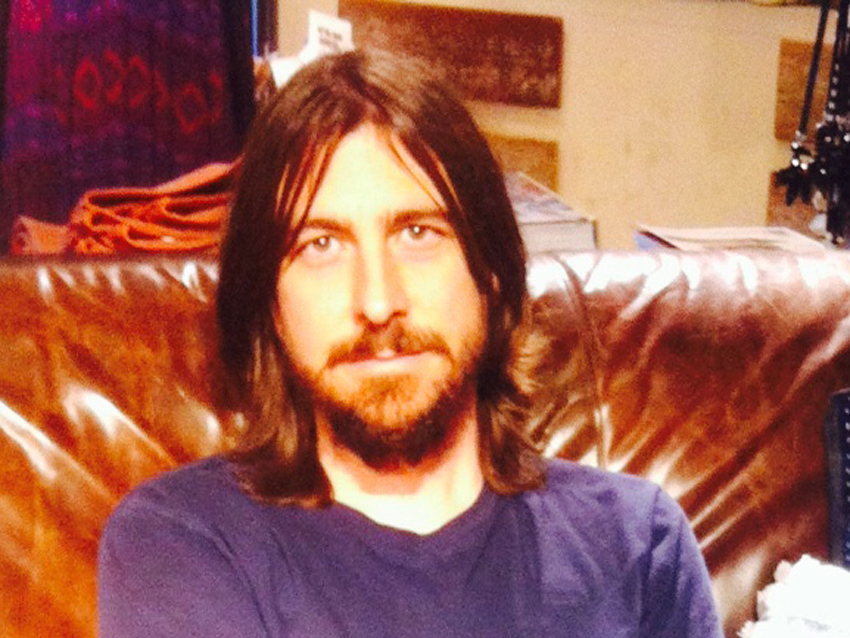
In the beginning, work for free
“It might take a while for bands and labels to offer you money to make records, and they won’t unless they hear your work. Get your foot in the door any way you can. Work on stuff you like and believe in, even if a band or artist can’t pay you. You’re helping them and you’re helping yourself.
“I did my fair share of free stuff back in the day, but I always made it a point to work on music that I could feel good about. People can feel passion; they can feel it. Pretty soon, people started hearing what I did, they like it, and one thing led to another.
“If you got see a band in a club and you like them, go up to them and sell yourself. ‘Hey, I love what you’re doing. Wanna do some demos?’ If you do things out of goodwill, that karma will come back to you. Artists will tell other artists, and before you know it, people will be calling you. Earn your stripes. You don’t need lawyers and all that stuff on your first recordings. Just get your name and your work out there. The paydays will come.”
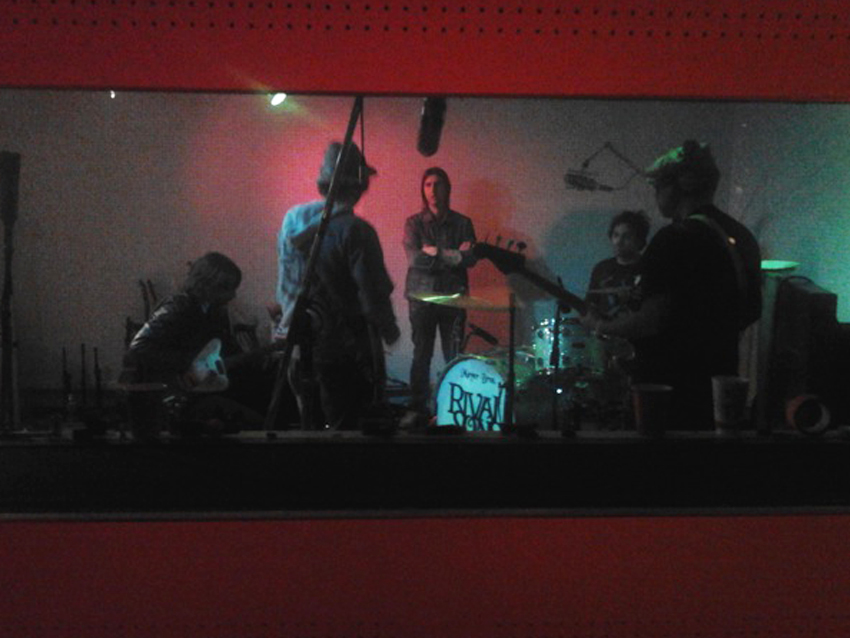
Work with people more talented than you
“In the beginning, I engineered and produced by myself because I had to. But from the minute I could afford to do so, I brought in other people to work with me. I wanted to learn, and I wanted to learn from people who knew more than me. Through the years, I’ve picked up all kinds of techniques and helpful bits of information from a lot of different people.
“That’s how it was back in the day, especially in the British studios. You started out as a tea boy and worked your way up through the ranks. The great thing about that is being a fly on the wall; even when you’re doing something kind of menial, you’re watching a great producer or engineer do his thing.
“I think it would be great if we still had that kind of hierarchy system in place. A few studios might, but it seems to be a thing of the past. It’s a shame – good producers and engineers came up that way.”
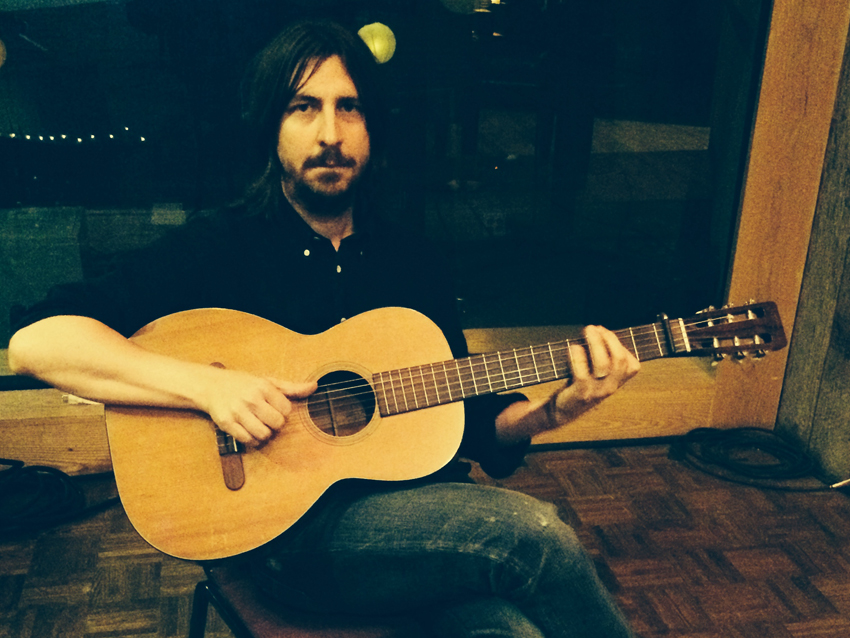
Don't be a jerk
“I’ve seen people act rough and bossy in the studio, and it’s just not cool. I don’t think you get the best out of performers by being a jerk, and besides, word gets around fast. All you need is one client to say, ‘That guy’s a dick,’ and you could screw your whole reputation up.
“Try to have as much fun as you can, be good to people, and make them enjoy the experience. Show them you care. At the end of the day, it’s the artist’s record, not yours. If an artist is up the wrong tree, I’ll offer my suggestions and let them know what I think they should be doing, but it’s ultimately their record and their choice to make. You can present people with options without being an asshole.”
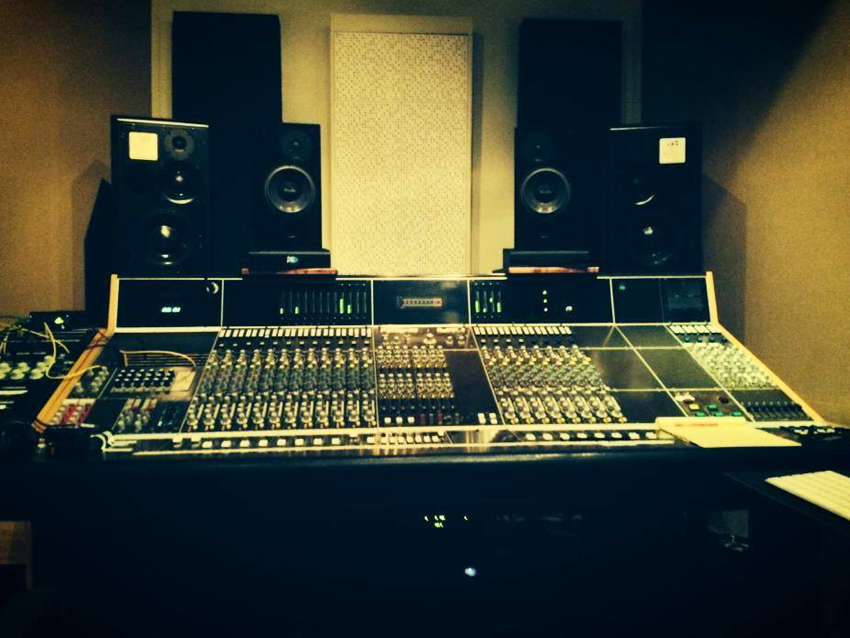
Know your equipment
“One of my LA studio friends tests everything he has. He listens to something on every source he can. He knows which mic is going to work on a particular voice, which guitar amplifier will sound the best with a certain guitar. You name it – he doesn’t leave anything untested or up to chance.
“This is important, because a lot of times when you’re in the room with somebody and you’ve got to make something happen, you don’t have time to dick around and figure out how stuff works. It’s the artist’s time, and they’re paying you good money to get their music on tape. You should have your equipment figured out before they walk in the room.
“It’s also important to know your gear because it helps you figure out your own sound. Just because something says ‘Neve’ on it doesn’t mean it’s gonna sound good Experiment. Mix things up. Build your own personal arsenal of secret weapons. It’s cool when somebody says, ‘Oh, yeah, so-and-so’s got the most awesome amps.’
“I get super dorked-out with amps, drum sets, cymbals, microphones, guitars, all that stuff. I know that I’m going to be able to achieve X sound because I have the right equipment lying around, and I know how to make it work.”
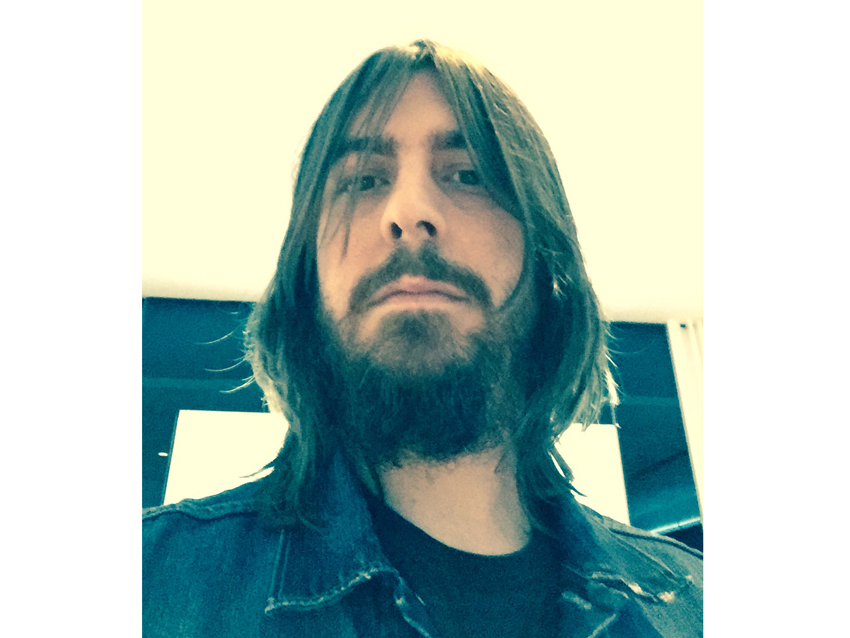
Don't chase trends
“The minute you start chasing a trend, you can be pretty sure it’s peaked. And besides, you’ll never be as good as the people who originated a particular sound, so don’t even bother.
“That’s not to say you can’t be influenced by what somebody else does, because of course we all are. I listen to Gabriel Roth from Daptone, and I think, ‘My God, I wish I could make records that sound that cool.’ He’s amazing. When I was a kid, I adored Brendan O’Brien’s stuff – he was very influential for me. But I’m not trying to copy those guys, because I’ve gotta do my own thing to do. Those guys have their sound down; they don’t need me to be a second-best to them.
“Right now, you’ve got people in Nashville doing real pop country stuff and putting hip-hop beats into the music. I don’t think they’re chasing trends per se, because I think they started ‘em. The records you’re hearing are the result of the people who originated that sound.That will probably change pretty soon, though, and you'll have people jumping on the bandwagon.
“I couldn’t jump on that bandwagon; it's just not my nature. You’ve got to listen to that stuff and know it inside and out to do it well, to not sound like you’re just chasing what’s current. I’d rather follow my own path. That's always been my natural instinct."
Joe is a freelance journalist who has, over the past few decades, interviewed hundreds of guitarists for Guitar World, Guitar Player, MusicRadar and Classic Rock. He is also a former editor of Guitar World, contributing writer for Guitar Aficionado and VP of A&R for Island Records. He’s an enthusiastic guitarist, but he’s nowhere near the likes of the people he interviews. Surprisingly, his skills are more suited to the drums. If you need a drummer for your Beatles tribute band, look him up.
